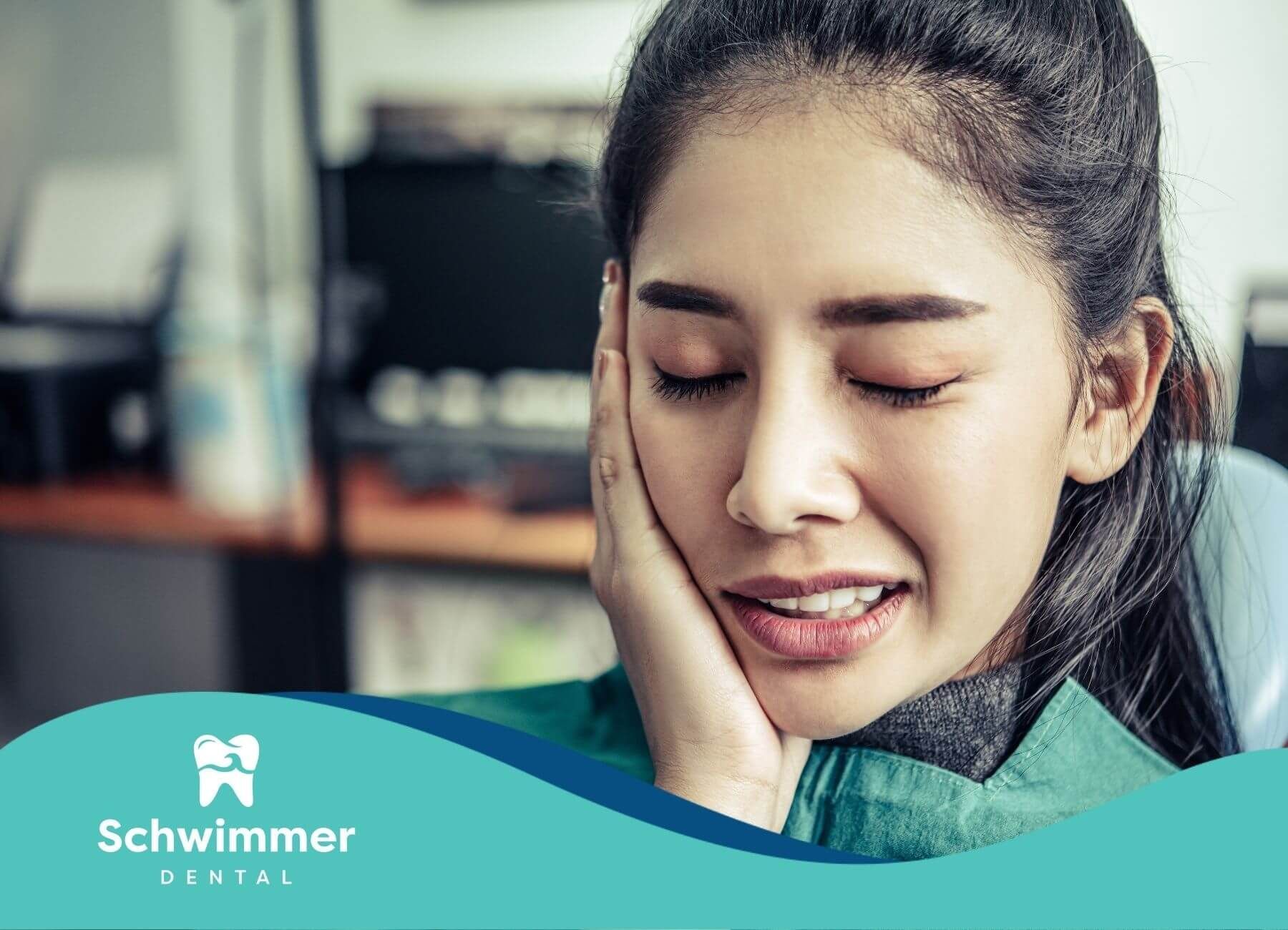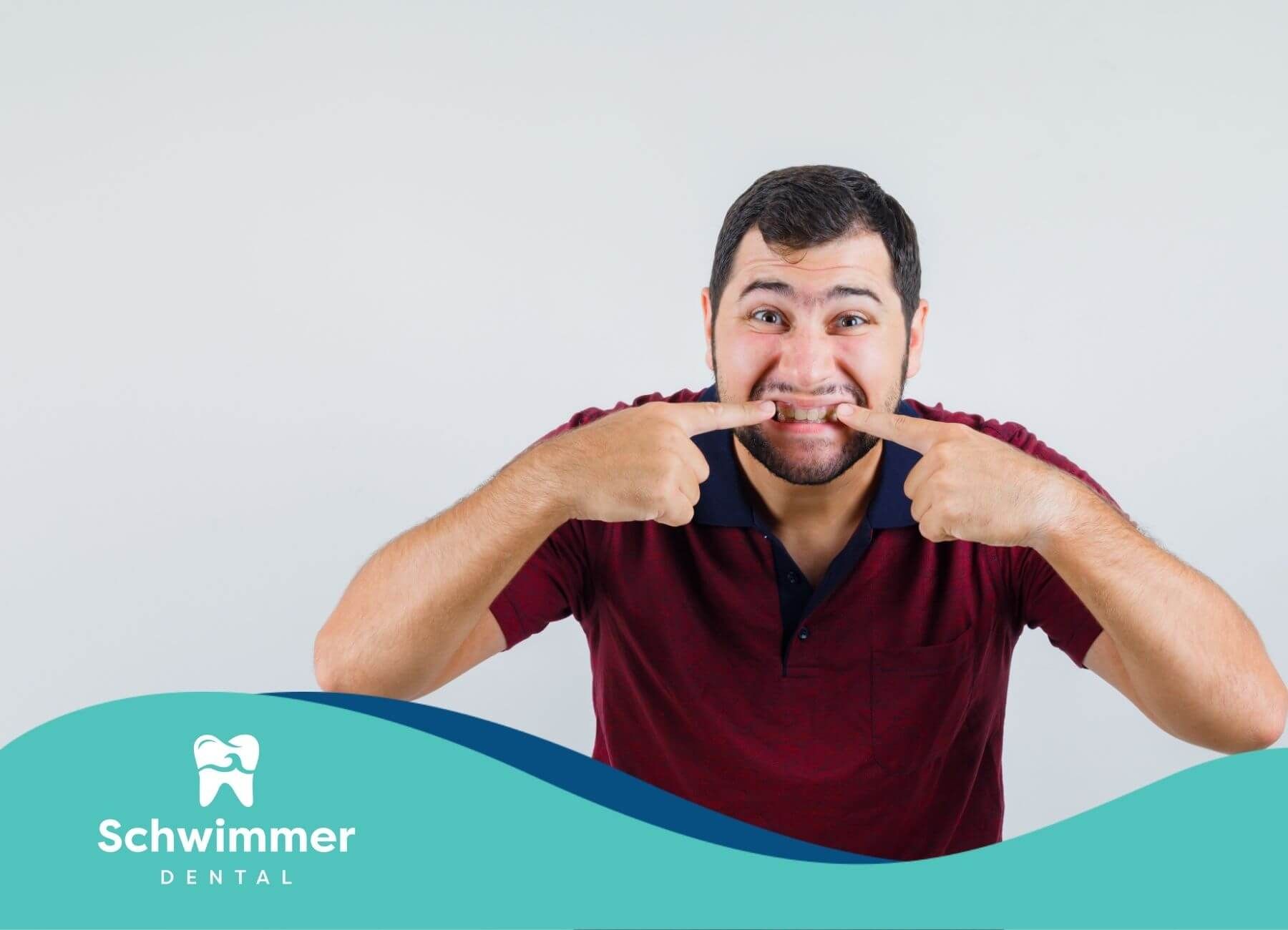Infant Oral Care: A Complete Guide to Keeping Your Baby’s Smile Healthy
Caring for your baby’s oral health might feel overwhelming at first, but establishing good habits early on sets the foundation for a lifetime of healthy smiles. Infant oral care is not just about brushing teeth—it begins well before those first teeth appear. This article offers a thorough, easy-to-understand guide to infant oral care, covering everything parents and caregivers need to know—from the earliest oral hygiene routines to nutrition, teething, and when to visit the dentist.
Why Infant Oral Care Matters
Even before the first tooth breaks through the gums, your baby’s oral health deserves attention. The mouth is home to the body’s first line of defense against germs and infections, and early oral care helps prevent dental decay, gum disease, and other oral health problems that can impact overall wellbeing.
Poor infant oral care can lead to baby bottle tooth decay and early childhood caries (ECC), which affect a child’s ability to eat, speak, and sleep comfortably. Moreover, dental issues in infancy can lead to complications in permanent teeth development.
When to Start Infant Oral Care
Before Teeth Erupt
Oral care begins with cleaning your baby’s gums even before teeth appear. After feeding, gently wipe your baby’s gums with a clean, damp washcloth or a soft infant gum brush. This removes bacteria and leftover milk or formula that can contribute to decay later.
First Tooth Arrival
Once your baby’s first tooth erupts—usually between 4 to 7 months—it’s time to start brushing with a small, soft-bristled toothbrush made for infants.
How to Practice Infant Oral Care
Cleaning Infant Gums and Teeth
- Use a soft, damp cloth or silicone finger brush to wipe gums after feeding.
- Brush teeth twice daily with a soft, infant-sized toothbrush and a smear (grain of rice size) of fluoride toothpaste.
- Avoid rinsing or spitting to maximize fluoride benefits for young children who cannot spit effectively.
Proper Brushing Technique
- Hold your baby securely, use gentle circular motions, and clean all surfaces of the teeth and gums.
- Replace toothbrush every 3-4 months or sooner if bristles become frayed.
Infant Oral Care and Diet
Feeding Practices That Support Oral Health
- Breastfeeding is encouraged and generally beneficial, but avoid prolonged night-time feeding or allowing babies to fall asleep with a bottle.
- Avoid sugary drinks, including juice and sweetened formula.
- Introduce a cup at 6 months and transition away from bottles by 12 to 18 months.
- Limit sugary snacks and drinks to prevent early decay.
Understanding Teething and Oral Care
Teething is a natural developmental phase where your baby’s teeth begin to erupt through the gums, often causing discomfort.
Teething Symptoms Include:
- Gum swelling and redness
- Increased drooling
- Fussiness or irritability
- Chewing on objects
Teething Care Tips:
- Use clean teething rings or cold washcloths for gum relief.
- Avoid teething gels containing benzocaine or lidocaine, which can be harmful to infants.
- Maintain regular oral care routines during teething.
When to Visit the Dentist
First Dental Visit
The American Academy of Pediatric Dentistry recommends that infants have their first dental visit by their first birthday or within six months after the first tooth erupts.
What to Expect
- The dentist will examine your child’s teeth and gums for signs of decay or developmental issues.
- Parents will receive advice on oral hygiene, diet, and habits such as thumb-sucking or pacifier use.
- Early visits help familiarize your child with the dental office environment, easing future appointments.
Common Infant Oral Health Issues
Baby Bottle Tooth Decay
This form of early childhood caries is caused by prolonged exposure of teeth to sugary liquids. It typically affects upper front teeth but can spread.
Preventing Tooth Decay
- Do not let your baby fall asleep with a bottle.
- Clean your baby’s teeth regularly.
- Avoid sugary drinks and sticky snacks.
Thumb-Sucking and Pacifier Use
These habits are common in infants but should be monitored and discouraged as permanent teeth develop, to prevent bite issues.
Infant Oral Care Products: What to Use and Avoid
Recommended Products
- Soft-bristled infant toothbrushes
- Fluoride toothpaste in appropriate amounts
- Clean,
BPA-free teething toys
Products to Avoid
- Adult toothpaste (too much fluoride)
- Teething gels with harmful anesthetics
- Honey or sugary pacifiers
Tips for Parents and Caregivers
- Establish oral care routines as early as possible.
- Model good oral hygiene habits yourself.
- Schedule regular dental visits starting by age one.
- Communicate with your dentist about any concerns or questions.
- Stay informed about nutrition’s role in oral health.
Conclusion
Infant oral care is a critical step in ensuring your child’s future dental health. Starting care early, practicing proper hygiene, maintaining a healthy diet, and regular dental visits can prevent many common oral health issues. If you want expert guidance and compassionate care for your baby’s smile, Schwimmer Dental is here to help. Contact us today to schedule a consultation and give your child the best start in oral health.
At
Schwimmer Dental, located in New Jersey, we specialize in comprehensive family and pediatric dental care tailored to support your child’s oral health from infancy onward. Our experienced team provides gentle, personalized care designed to educate parents and make young patients comfortable. We emphasize preventive care, early detection of dental issues, and hands-on guidance for infant oral care routines. Trust Schwimmer Dental to be your partner in building a foundation for a lifetime of healthy smiles.
Schedule your child’s first dental visit with us today and take the first step toward optimal oral health.
Frequently Asked Questions
When should I start caring for my baby’s oral health?
Oral care should begin even before the first tooth erupts by gently wiping your baby’s gums with a clean, damp cloth after feedings.
How do I clean my infant’s teeth properly?
Use a soft-bristled, infant-sized toothbrush with a tiny smear of fluoride toothpaste to gently brush your baby’s teeth twice a day.
How much toothpaste should I use for my baby?
For infants under 3 years old, use only a grain-of-rice-sized amount of fluoride toothpaste to minimize swallowing risks.
Sources:
- https://www.ncbi.nlm.nih.gov/books/NBK535349/
- https://www.mayoclinic.org/healthy-lifestyle/childrens-health/in-depth/thumb-sucking/art-20047038
- https://www.childrensdentalclinic.org/how-to-keep-your-baby-safe-with-the-right-teething-products/
- https://www.health.ny.gov/prevention/dental/birth_oral_health.htm
- https://www.mouthhealthy.org/all-topics-a-z/tooth-decay-with-baby-bottles



